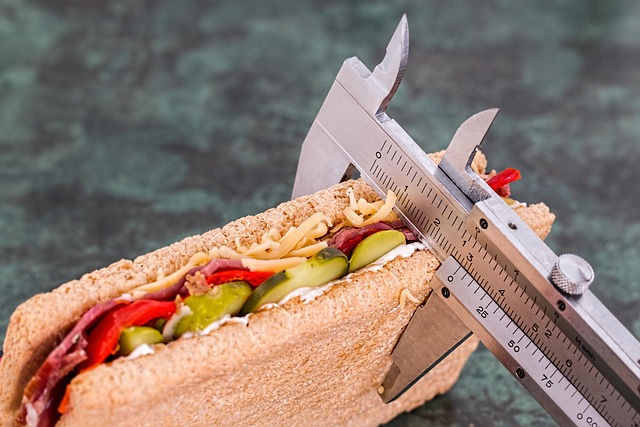Packing Jobs: Essential Work in Manufacturing and Distribution
Packing jobs play a crucial role in the manufacturing and distribution sectors, serving as a vital link between production and delivery to consumers. These positions involve carefully preparing products for shipment, ensuring they reach their destinations safely and in optimal condition. Whether in a factory setting or a warehouse environment, packing workers contribute significantly to the efficiency and success of various industries.

-
Inspecting products for quality and defects before packing
-
Selecting appropriate packaging materials based on product specifications
-
Wrapping, boxing, or crating items according to established procedures
-
Applying labels, barcodes, or other identifying information to packages
-
Operating packaging machinery or equipment when necessary
Factory packing jobs require attention to detail, physical stamina, and the ability to work efficiently in a fast-paced environment. Workers must adhere to safety protocols and maintain a clean, organized workspace to ensure smooth operations.
How do packaging jobs contribute to the manufacturing process?
Packaging is an integral part of the manufacturing process, serving several important functions:
-
Product protection: Proper packaging safeguards items from damage during storage and transit.
-
Brand representation: Packaging often serves as the first point of contact between a product and the consumer, making it crucial for brand identity.
-
Information delivery: Labels and packaging provide essential details about the product, including usage instructions, ingredients, and safety warnings.
-
Efficiency in logistics: Well-designed packaging optimizes storage space and facilitates easier handling during transportation.
Packaging workers collaborate closely with other departments in the manufacturing process to ensure that products are properly protected and presented. Their role is critical in maintaining product integrity from the factory floor to the end consumer.
What skills are required for packaging worker positions?
Successful packaging workers possess a combination of physical abilities and soft skills:
-
Physical dexterity and stamina: The job often involves repetitive motions and standing for extended periods.
-
Attention to detail: Accurately following packaging specifications and quality control standards is crucial.
-
Time management: Meeting production quotas and deadlines is essential in fast-paced environments.
-
Teamwork: Collaborating effectively with colleagues on assembly lines or in warehouse settings is important.
-
Basic math skills: Workers may need to count items, measure materials, or calculate weights.
-
Adaptability: The ability to learn new packaging techniques or operate various types of equipment is valuable.
-
Safety consciousness: Understanding and adhering to workplace safety protocols is critical.
Many packaging jobs do not require formal education beyond a high school diploma, making them accessible entry-level positions in the manufacturing and distribution industries.
How has technology impacted packing jobs in recent years?
Technological advancements have significantly influenced the packaging industry, affecting both the nature of work and the skills required:
-
Automation: Many packaging processes now incorporate automated systems, reducing manual labor but requiring workers to operate and monitor machinery.
-
Digital tracking: Barcode scanners and RFID technology have improved inventory management and package tracing.
-
Sustainable materials: The shift towards eco-friendly packaging has introduced new materials and techniques that workers must learn to handle.
-
Quality control systems: Advanced sensors and computer vision technology assist in detecting defects, complementing human inspection.
-
Data analysis: Some packaging roles now involve using software to analyze production data and optimize processes.
While technology has streamlined many aspects of packaging work, human skills remain essential for tasks requiring judgment, flexibility, and complex problem-solving.
What are the career prospects for individuals in packaging jobs?
Packaging jobs offer several pathways for career growth and development:
-
Supervisory roles: Experienced workers may advance to team leader or supervisor positions.
-
Specialization: Opportunities exist to specialize in areas such as quality control, logistics, or packaging design.
-
Technical roles: With additional training, workers can transition to operating and maintaining advanced packaging equipment.
-
Management positions: Some may progress to roles in production management or operations.
-
Cross-industry opportunities: Skills gained in packaging are often transferable to other sectors, such as retail or e-commerce fulfillment.
The packaging industry continues to evolve with changing consumer demands and technological innovations, creating new opportunities for those willing to adapt and expand their skill sets.
Packing jobs remain an essential component of the manufacturing and distribution sectors, offering stable employment and potential for career advancement. As industries continue to grow and evolve, the demand for skilled packaging workers is likely to persist, making it a viable career path for those interested in hands-on work in a dynamic environment.






